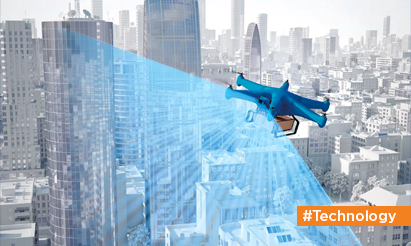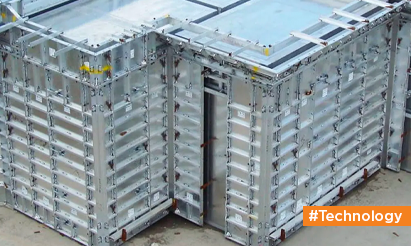What are the Benefits of AI for the Real Estate Sector?
Artificial intelligence (AI) is used in the planning, design, and modeling of buildings, making the process more precise and efficient. Building models are built off-site, saving time and money. AI can be used to monitor job site safety and identify hazards before they become an issue. AI algorithms can analyze many design options before the ground is even dug. This optimizes cost, energy performance, structural integrity, and material use. AI can also predict budget overspending, project deadlines, and the impact of design changes, helping with decision-making and reducing the risk of delays and increased costs.
AI can also predict equipment failure and reduce downtime and maintenance costs by monitoring equipment in real-time. AI systems can estimate material needs, monitor inventory levels in real time, and optimize logistics so that resources are delivered to the site exactly when they are needed to avoid project delays. With the help of artificial neural networks, professionals can forecast costs by taking into account project dimensions, contract details, and material considerations. This helps avoid budget overruns and allows construction firms to offer competitive bids while protecting their profit margins.
Tauran Advisors’ white paper, The Future of Smart Construction: How AI Generates Design Alternatives, Meets Constraints, and Moulds Ideal Models through Iterative Learning and Data Expansion, can resolve disagreements between teams. AI innovations even transform plain text into complex 3D objects, simplifying design and implementation within the construction industry.
Chatbots and virtual assistants can now provide you with instant and ongoing support whenever you require it. Machine learning takes things to the next level by customizing property recommendations to your specific needs, making them more precise. AI accelerates transactions and ensures compliance behind the scenes by automating tasks and carefully reviewing important documents. Virtual reality tours and staging enable you to experience spaces without having to physically visit them. Smart home technology not only provides convenience but also increases property value by increasing security and energy efficiency.
AI is set to continue to revolutionize the real estate industry in the years to come. “AI and the Internet of Things (IoT) will make smart buildings more energy efficient and comfortable for the people who live in them. AI will also help us to make better use of the huge amount of information we have about real estate, which will help us make better investment decisions and develop properties,” says Aakash Patela, Director of a Real Estate Company. “AI will be a key factor in the future of the construction industry and the real estate industry, as it will improve efficiency, accuracy, and sustainability in all sectors.”



